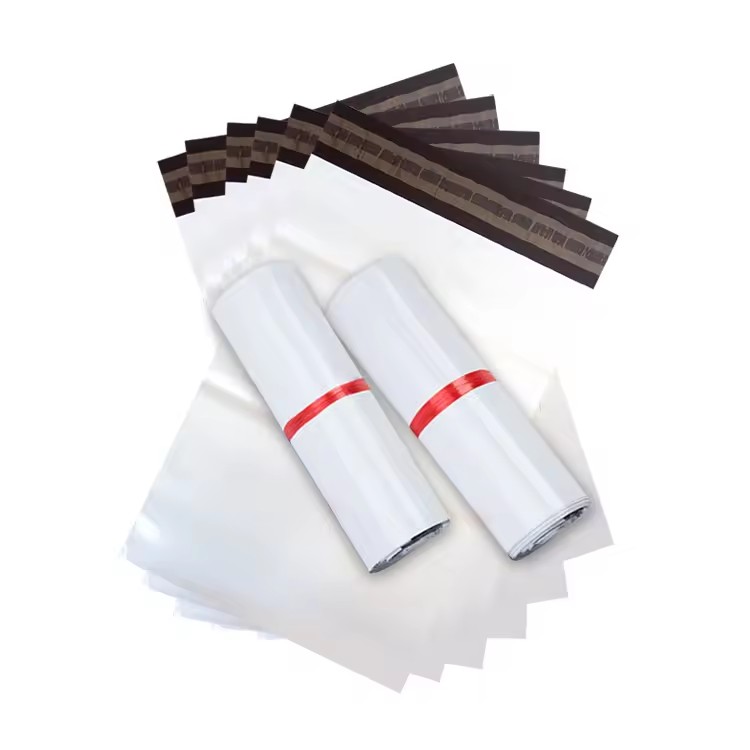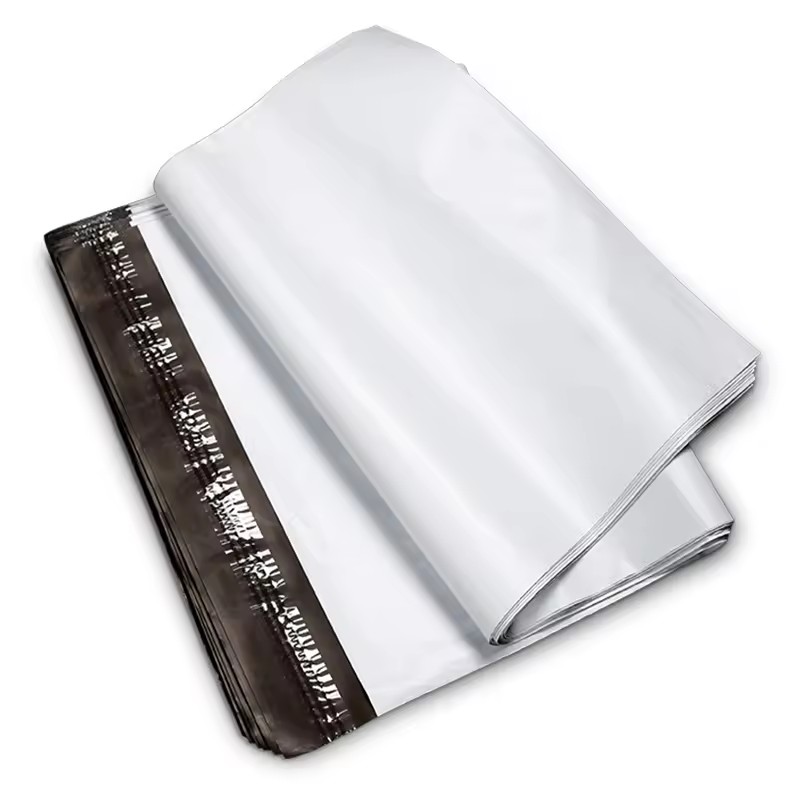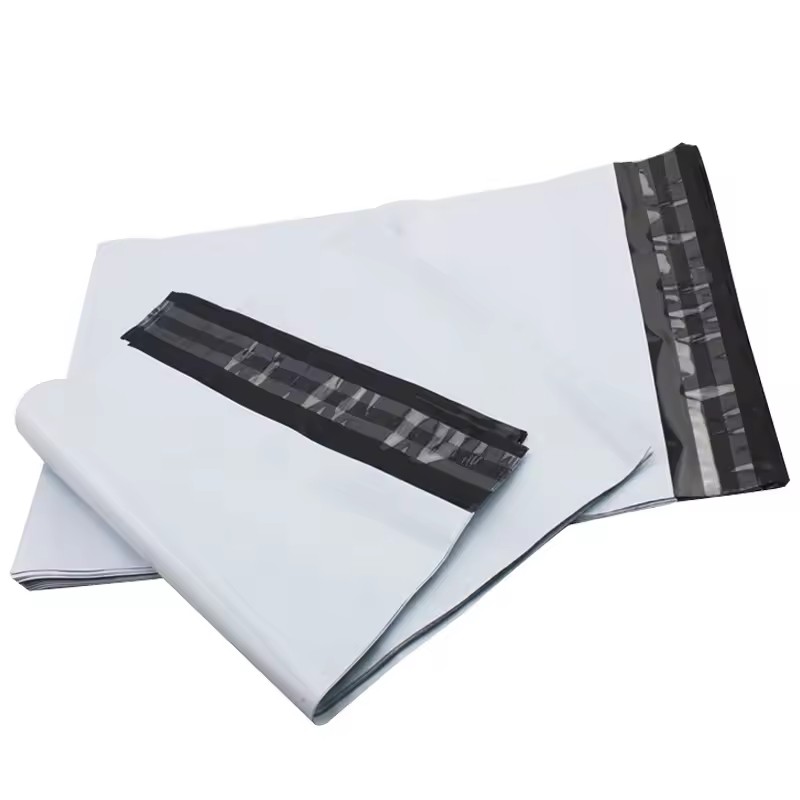Compostable Mailing Bags: Everything You Need to Know
With growing environmental awareness, businesses and consumers are increasingly focused on reducing plastic waste to protect the planet. Compostable mailing bags have emerged as a popular eco-friendly packaging option. But what exactly are compostable mailing bags? What are their advantages? How should they be used and disposed of correctly? This article will give you a comprehensive look at everything you need to know about compostable mailing bags.
1. What Are Compostable Mailing Bags?
Compostable mailing bags are packaging bags made from natural plant materials, such as corn starch or sugarcane. Unlike traditional plastic bags, compostable bags break down naturally under specific conditions into water, carbon dioxide, and organic matter, leaving no harmful impact on the environment. Compared to biodegradable bags, compostable bags undergo a more complete decomposition process and do not leave behind harmful microplastics.

2. Key Benefits of Compostable Mailing Bags
Eco-Friendliness: Compostable mailing bags reduce dependence on petroleum-based plastics, helping to decrease plastic pollution.
Sustainability: They are made from renewable plant resources, minimizing the use of non-renewable resources.
Brand Image: Using compostable mailing bags enhances a brand's eco-friendly image, attracting environmentally conscious customers.
Safety: After decomposition, the residues are harmless to soil and water, making them ideal for everyday mailing needs.
3. Suitable Applications for Compostable Mailing Bags
Compostable mailing bags are particularly suitable for shipping lightweight items, such as clothing, books, and small electronic accessories. They are widely used in e-commerce, retail, and the fashion industry and are often favored by eco-conscious brands.

4. How to Properly Dispose of Compostable Mailing Bags
To ensure compostable mailing bags decompose effectively, users should place them in composting facilities. While they may take longer to break down in home composting conditions, they can fully decompose in commercial composting facilities within a few months.

5. Things to Consider When Buying Compostable Mailing Bags
Certification: Choose bags with international compost certification (such as BPI, EN 13432, ASTM D6400) to ensure they are genuinely compostable.
Durability: While compostable bags are eco-friendly, durability is also essential to ensure that they won’t tear during shipping.
Supplier Credibility: Partner with reputable suppliers to ensure products meet environmental and quality standards.
6. Future Trends for Compostable Mailing Bags
With technological advances and rising demand, the production costs of compostable mailing bags are gradually decreasing, making them accessible across more industries. Additionally, the development of new materials, such as mycelium, algae, and waste-derived materials, is opening up new possibilities for compostable packaging.
Compostable mailing bags offer an eco-friendly solution to reduce plastic pollution. Choosing and using compostable mailing bags responsibly not only enhances a brand's green image but also contributes to global sustainability efforts. For businesses and consumers alike, embracing this trend can help pave the way for a greener future.






